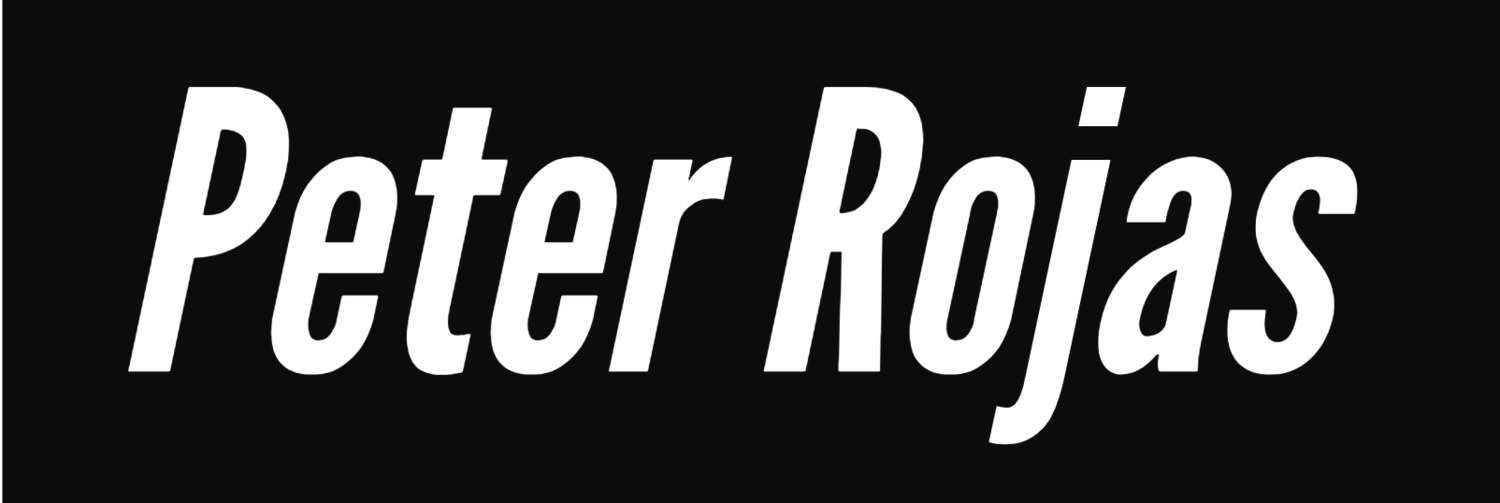I get asked by companies for my advice from time to time, and one that I was speaking with the other day asked me about the qualities a company would need to disrupt an entrenched incumbent in a large market (sorry to be so vague, but probably shouldn't get more specific than that). Besides the obvious stuff, like inventing some new technology or business method which undercuts whatever the other guys are doing, I told them that I think generosity and empathy are the keys to disruption.
What I meant by generosity was that too many companies now are obsessed with grabbing every bit of value for themselves, and only begrudgingly giving any up to customers, partners, etc. Google is -- or at least was -- a good example of this finding success by being generous. In the late Nineties all the big online players were focusing on building portals which offered everything visitors might want (like shopping, news, email, etc.) in an effort to keep them there as long as possible to show them as many ads as possible. Google came along and focused on showing users highly relevant results that took them away from Google, and the result was a product that more and more people found useful (and pretty much every site on the web discovered was driving an insane percentage of its traffic). Google didn't try to keep everyone at Google (though again, that might be changing!), and instead was generous in sending people away, a strategy which disrupted those big portal sites.
The other key disruptor is empathy. Probably every company would say they try to understand their customer -- and that they've done the market research to prove it! -- but what I'm talking about in this context is a bit more subtle, it's a combination of respect and emotional intelligence (i.e. the ability to recognize and relate to the feelings of another person) that enables you to create truly amazing user experiences. (Instagram is a good example of a company that soared ahead of its competition with a better designed, empathy-driven product.)
I just don't think it's possible to build an amazing product or app or whatever without being able to empathize with and understand the person who is supposed to be using it. On some fundamental level great design is able to get into the mindset of a user and anticipate, guide, and delight. None of that is possible without empathy.
Empathy can be hard to scale, and it's not something you can get from doing a bunch of focus groups. More and more it seems like one of those things you either have or you don't. That makes taste and sensibility key differentiators for people who are building stuff -- and it also can make it really tough to be stay successful when your market grows and you're making things for a growing number of people you don't understand very well.
This is why one of the most dangerous things for a company is to have a CEO who doesn't use their own products and who lives a rarefied life disconnected from the reality of the everyday. I follow the consumer electronics space pretty closely and you'd be surprised how rarely anyone asks "Are we making a great product that people are going to love?" There is just a total disconnect between the people making the stuff being sold and the people who are supposed to be buying it, and that gap is empathy.
Generosity and empathy are becoming the big blind spots not only for many big companies, but often for entire industries (like financial services) which have drifted so far from any human-centric principles that they feel ripe for real competition from companies that decide to play the game differently. You can see it in the basic lack of respect in the way customers are often treated, and you can see it in so many of the sub-par products that are being produced because no one cares enough about the end user to make them better.
